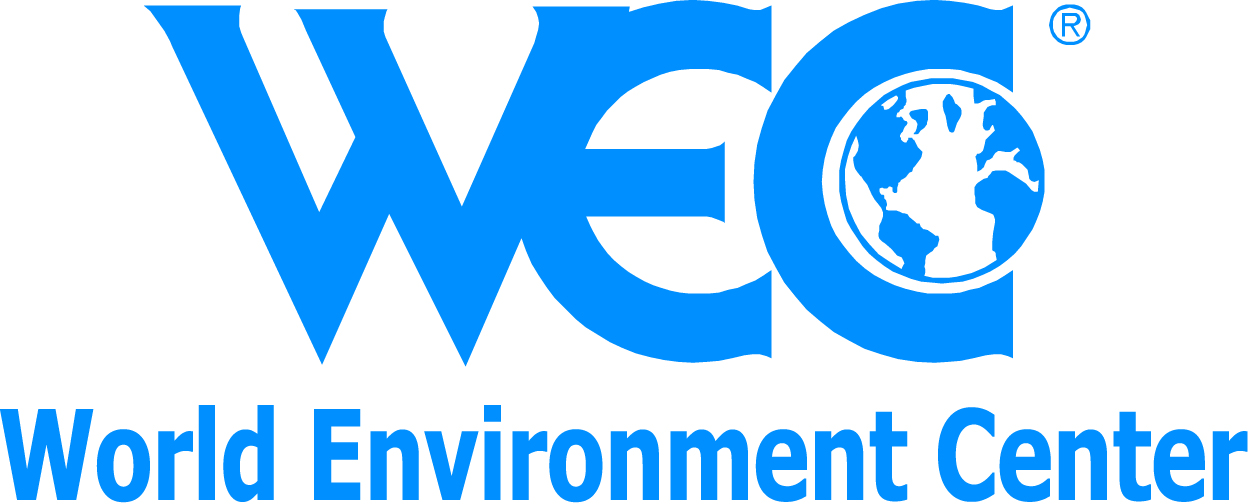Time for a Reset

Spring has arrived on time in Washington, DC. Tender yellow and white buds poke out of forsythias and magnolias. Warm sunshine and fresh, earthy smells fill the air. Nature is renewing itself like clockwork.
In the Prickett family, we are preparing for Passover seder. Wait, didn’t we just have a Zoom seder? Where did the year go? And at the same time, how did it feel so unbearably long?
Welcome to the pandemic reset.
The pandemic is far from over. But in fortunate places like ours, with vaccination underway, we are emerging from our quarantine shells into a renewed world and starting to wonder what our “new normal” will be.
A reset is what we need.
The world went into lockdown at the start of 2020, just as scientists told us that we need to cut greenhouse gas emissions in half and conserve a third of the planet by 2030 to ensure a livable future. The pandemic revealed the inequities of our economies, as poor people and underrepresented communities suffered disproportionately from COVID-19 and its economic impact. The senseless killing of unarmed citizens in the U.S. contributed to a global movement for racial justice.
To be honest, a year ago I had a difficult time imagining how we could make the systemic changes needed to ensure planetary sustainability. The world seemed set on its economic course — despite the environmental and social warning signs flashing around us.
Then came the pandemic. We realized that we could make abrupt changes in our economies when our lives depended on it. While painful, governments and the private sector instituted shutdown plans and relief packages. We managed our way through a tragic year without the economy collapsing.
We learned to reset. Along the way, a surprising number of global companies declared deeper and more urgent commitments to environmental, social, and governance (ESG) goals. A new government was elected in the U.S. with a renewed commitment to act on climate change, economic inclusion, and racial justice. As we emerge from the pandemic, some of the emergency changes we adopted—working from home, replacing travel with Zoom meetings, spending more time outdoors with family—may take hold permanently.
Now we can apply the lesson of this reset. Societies can act decisively to tackle the ongoing challenges of sustainable development. WEC member companies can play vital roles in driving the changes we need.
We must decarbonize. As companies set science-based climate targets, they need to help governments enact smart policies for net-zero emissions. Companies on their own can’t achieve the emissions reductions needed without public policies to drive changes among their suppliers and customers. WEC roundtables this year on decarbonizing value chains will explore policy and market incentives to decarbonize the built environment, transportation, land use, industry, and energy production.
We must invest in nature. The value of biodiversity is underappreciated because nature is a public good—we get its benefits for free. Yet investments in nature—conserving biodiversity through protected areas and sustainable use—deliver tangible economic benefits in water supply, flood control, agricultural productivity, climate stabilization, and more. WEC will continue its partnership with UNEP this year to document nature-positive business models and hold roundtables on regenerative agriculture and achieving net positive water.
We must pursue environmental justice. We all have a stake in ending systemic racism. As societies rebuild their economies, we must ensure that investments benefit underrepresented communities and don’t further disadvantage them. This applies to companies’ own sustainability initiatives, as well as to public projects. WEC will convene a roundtable this year on environmental justice and how companies can help to advance it. We will also continue our long-standing work to build capacity in micro, small, and medium enterprises in the developing world.
A year ago this month, in a column about the looming challenges of the pandemic, I wrote “we can…start thinking about opportunities to emerge from this crisis on a more sustainable and resilient path.” We’ve learned a lot from the reset. Now it’s time to act.
Glenn Prickett is the President and CEO of the World Environment Center. He has spent three decades leading international environmental, natural resource and climate change policy in some of the world’s preeminent NGO’s.

